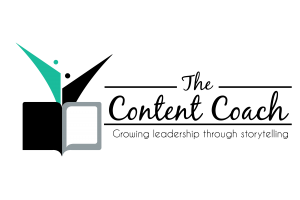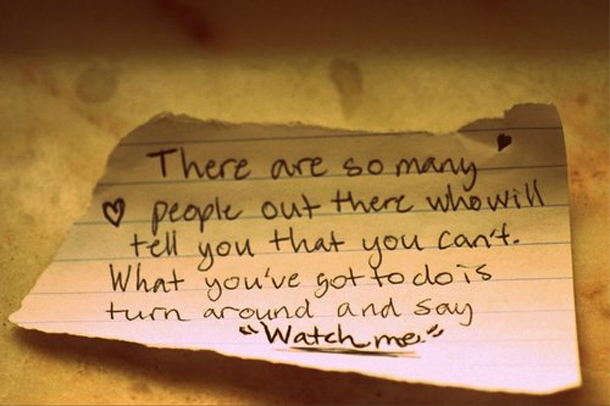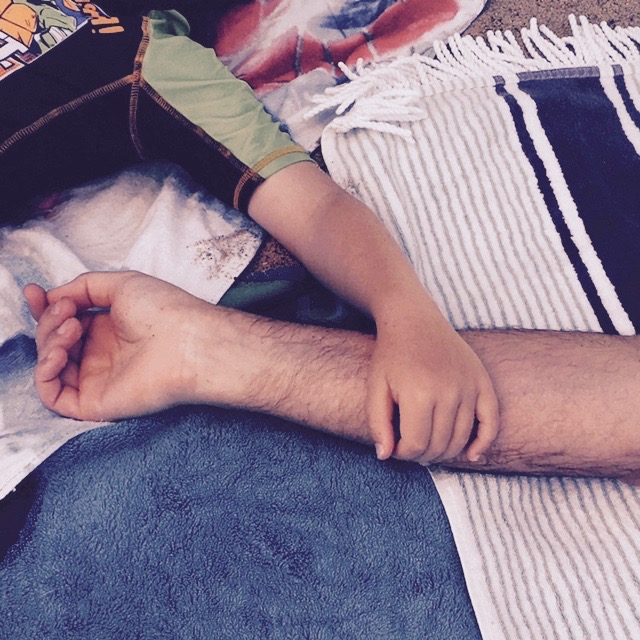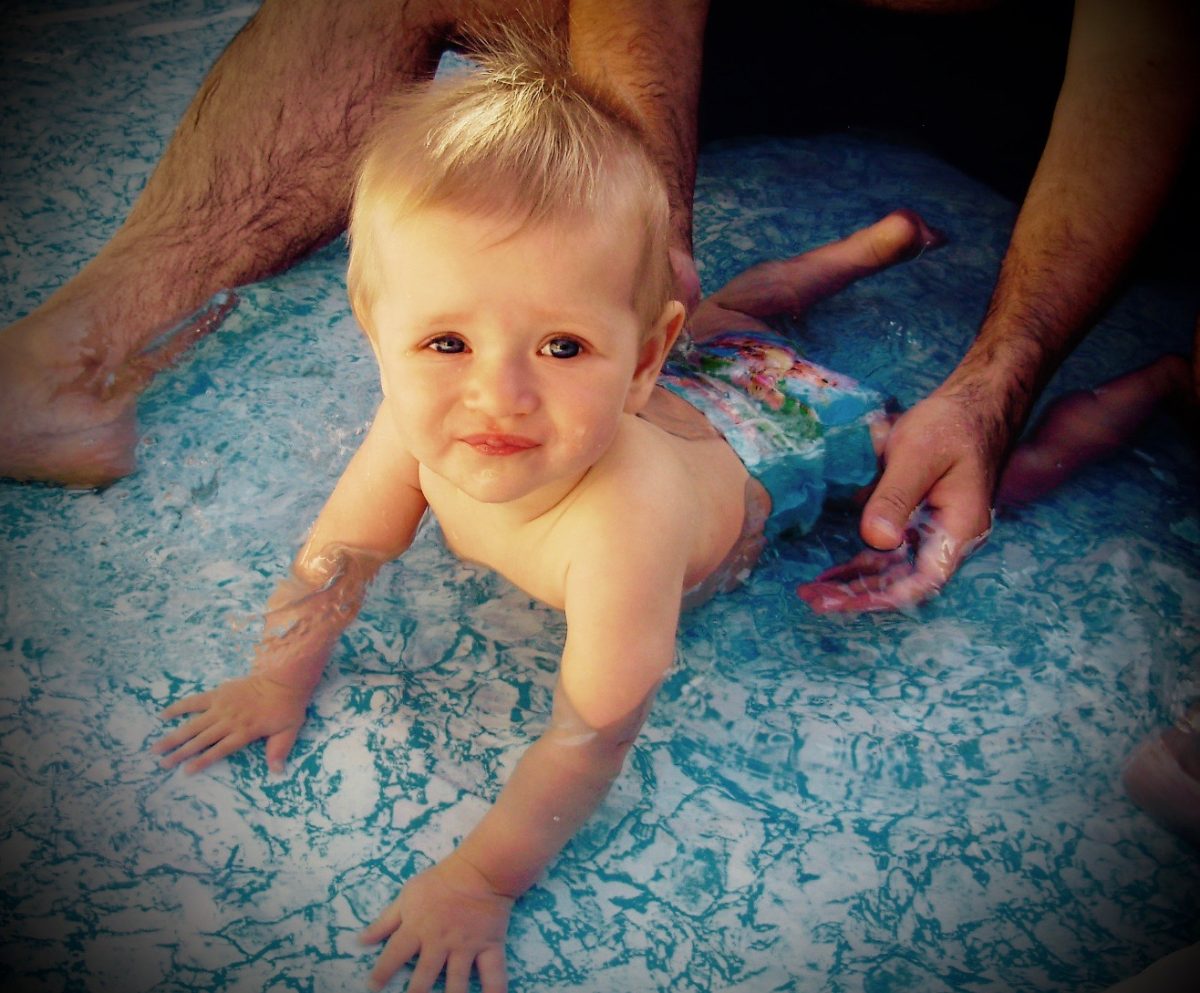David Allen, king of the Getting Things Done movement said this:
“What you’ll tend to avoid doing is probably the most important thing you need to do, because it’ll probably be the most daunting and the most potentially successful thing you could be doing.”










